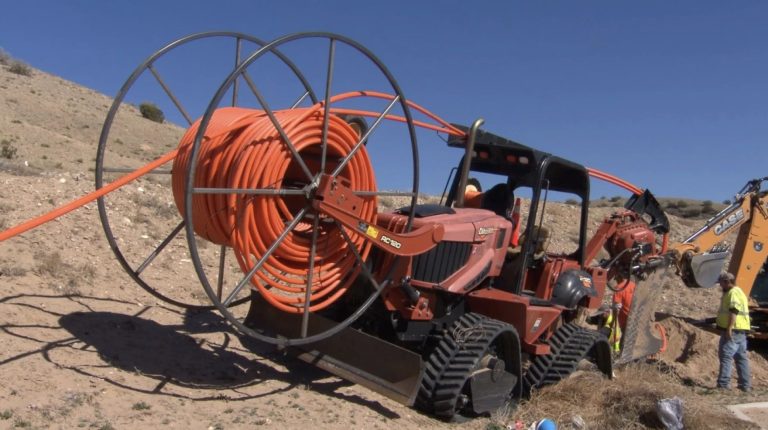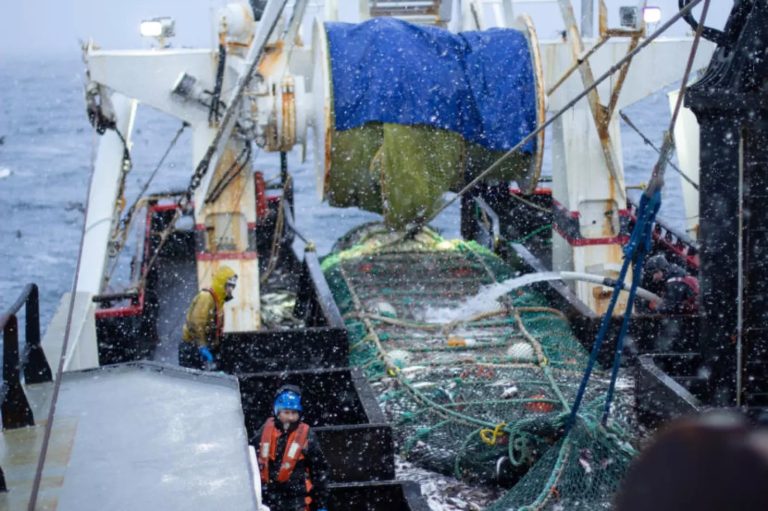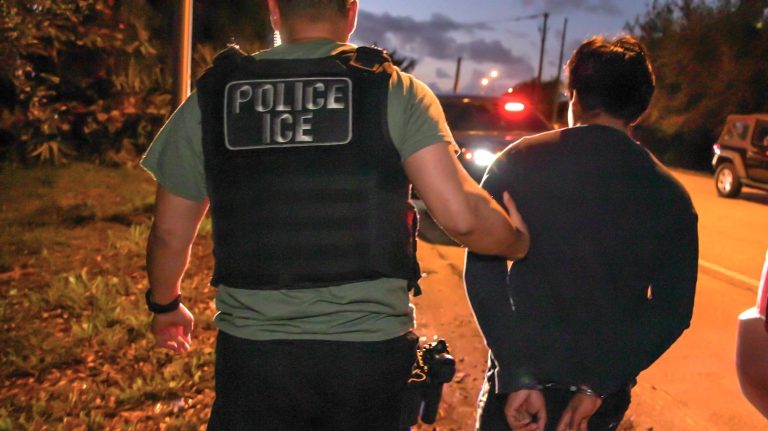By Ramona Marozas and Kate Harrison
Northern Minnesota is home to seven Anishinaabe reservations. But the Native turnout is typically low. The Native communities are less politically organized than unions and other groups in the traditionally blue-collar mining area of the state. Ramona Marozas gives this snapshot of one person’s vision to get Native Americans more engaged.
Renee Van Nett feels many Natives have little incentive to go to the polls.
“Indigenous people – they just don’t care – because they don’t feel like their vote counts,” Van Nett said. She lives in Duluth and is from the Leech Lake Band of Ojibwe. She tried—and failed—to win a Duluth School Board seat last year. Renee says she wants to get her people to make voting a tradition – in order to have influence in politics. The Anishinaabe believe everything comes full circle. Van Nett says she wants the predominant tribes of northern Minnesota to return to their roots of being participants in the political sphere.
“I try to talk to them about that but they just don’t care,” she said. “There’re a lot of us. And we do not vote in high numbers, so that needs to change.” Building that tradition, Van Nett said, is all the more difficult when candidates don’t address issues that are important to Native communities, like substance abuse, historical trauma, the environment, and the Indian Child Welfare Act, to name a few.
“Nobody speaks to them about it,” she said. “I think it’s an under-represented voice.”
In Minnesota, motivation is a big barrier for Native voters, says Mark Trahant, a journalism professor at the University of North Dakota. He came to the Duluth American Indian Center to speak about Natives in politics. He noted Minnesota is not among the very few states with positive voting tradition.
“Two states –Montana and New Mexico —Native Americans actually vote at a higher percentage than the population,” Trahant said. That’s something I’d love to see spread to other states.”
Other obstacles for Native voters include geography. Polls could be as far as 100 miles away. Van Nett, who’s also an employment liaison with Community Action Duluth, puts the time and mileage in to get Native voters to polling places.
“If someone needs a ride, we will go get them, bring them there, show them what’s going on–just get them there,” she said.
Van Nett said Native voters often benefit from basic education about who’s on the ballot and where they go to vote.



